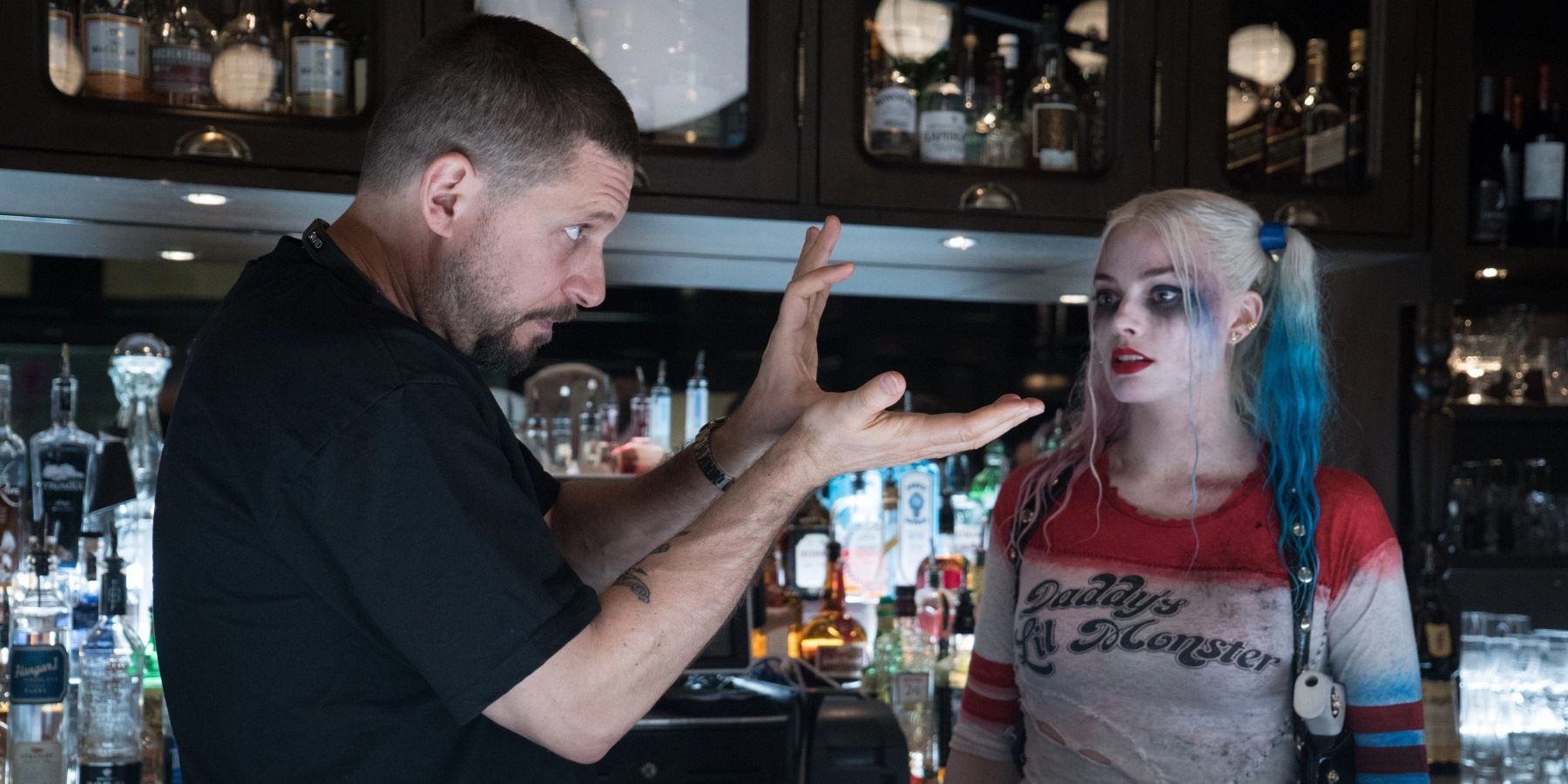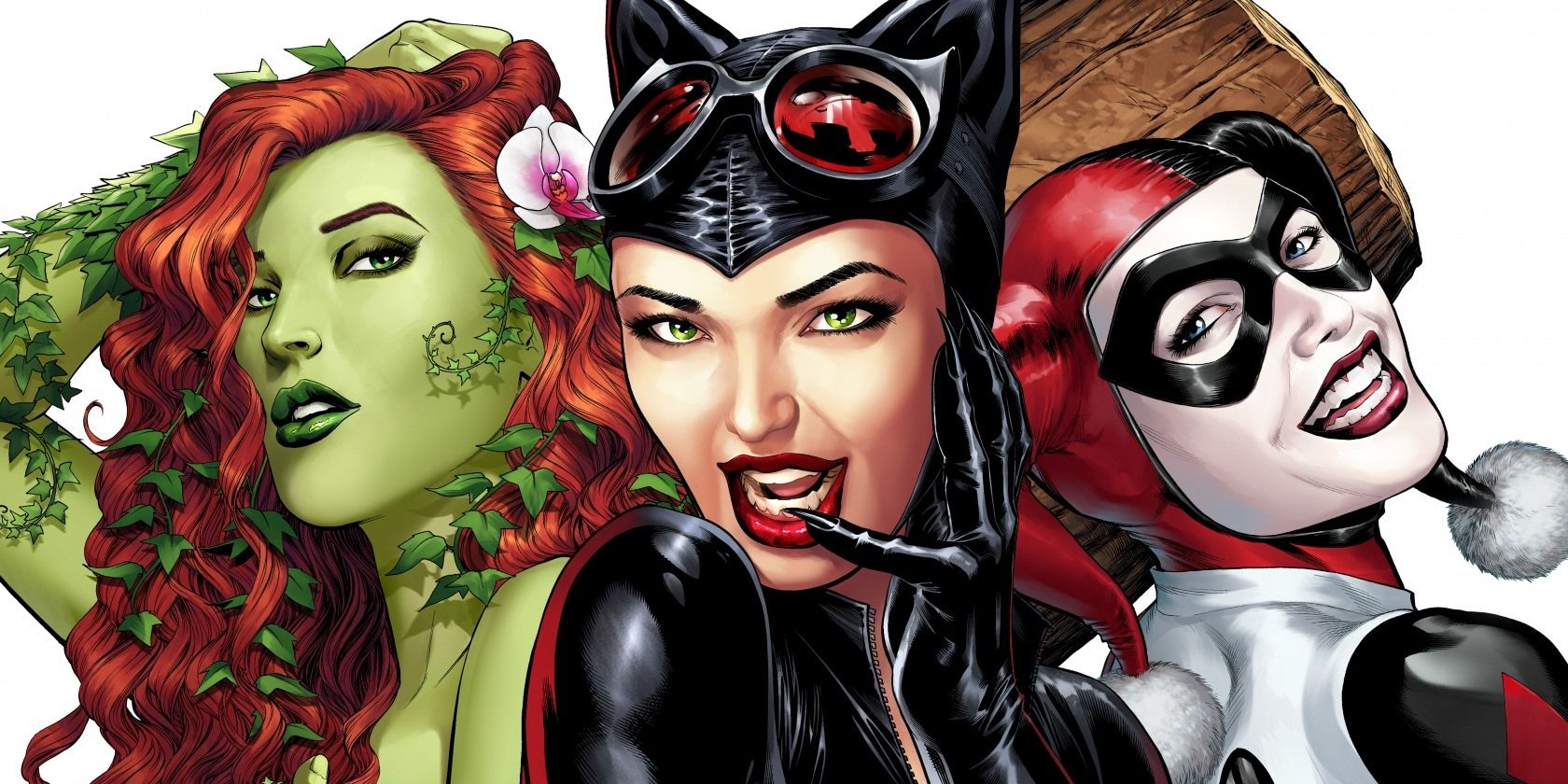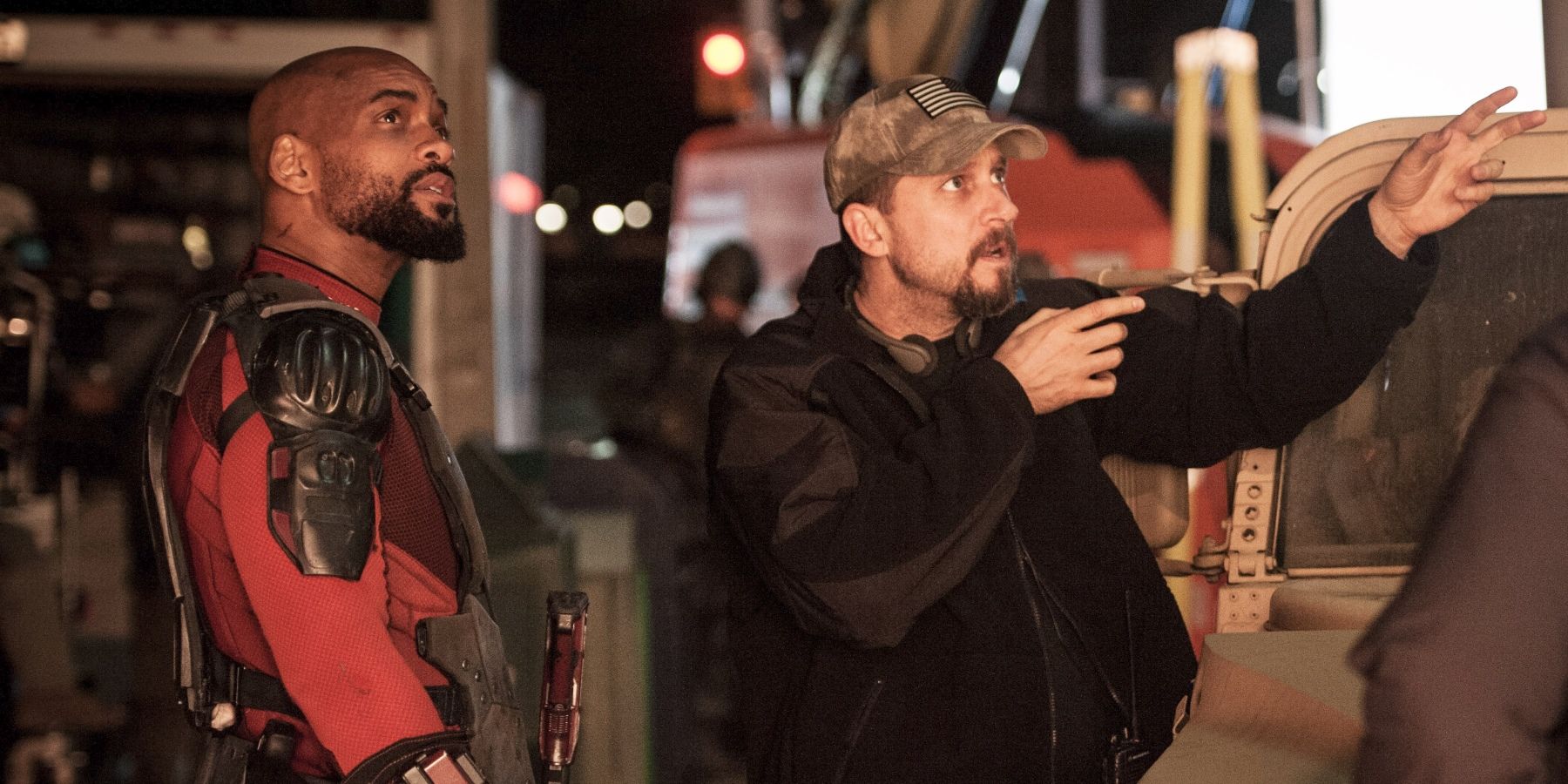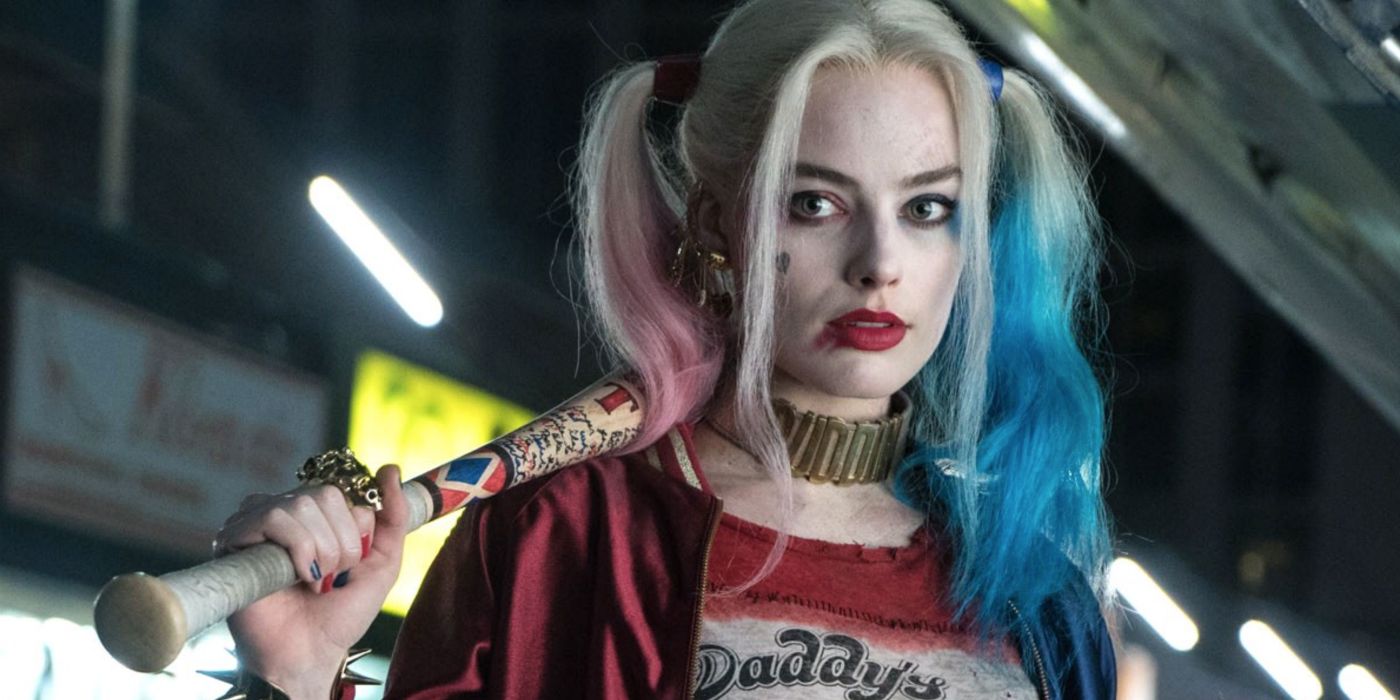There was a time when fans of modern blockbuster films were never all that curious to know who was behind the lens of the next summer movie (some still aren't), or the executives making the choices and shaping the product before cameras even began rolling. The idea of the film experience stretching beyond the theater is still a foreign one to wide swaths of moviegoers - let alone the identities of those who spark it into creation... or the gender of those doing so. But the rise of fan filmmaking has changed all that, as the online sphere gives a voice to those who previously felt unheard - and the right to use it to express strong opinions.
As the Marvel Cinematic Universe took shape, and the Twilight series proved the blockbuster profitability of women alone, the flawed perception that women weren't a sizable, if not equal section of the market fell away... but the stories of women directors, writers, or even leading characters being dismissed or pushed to the background persisted. The times are finally changing, with Warner Bros. and DC Films giving the likes of Wonder Woman, Harley Quinn, and director Patty Jenkins an immediate shift into the spotlight. And now, one more movie looks to multiply the effect.
The news that Margot Robbie's take on Harley Quinn would be getting another big screen role was no surprise, since she was one widely praised part of an otherwise critically-eviscerated Suicide Squad. The announcement that the film in question would be Gotham City Sirens, bringing even more of DC's female villains into the forefront of the DCEU - with Robbie herself executive producing, and Geneva Robertson-Dworet writing - seemed to be an answer to the demand for more women in comic book universe. But the placement of David Ayer as director raised some interesting questions.
Was the story of Gotham's lady villains a story a perfect opportunity to appoint a female director? Is it a story best told by a female director? Is it a story best told by Ayer, having such a critical catastrophe on his hands already? Who can, or should decide? We won't offer any answers, but it's a conversation that raises some question we're only going to be asking more and more often - hopefully.
A Missed Opportunity?
There's absolutely an argument to be made that with the demand for women directors across the Hollywood landscape, the popular (as well as professional, moral, and ethical) imperative is to deal with the most often used excuse head on: there aren't many female directors with the experience generally required before taking the reins of a major studio picture. Obviously, refusing to give that experience is just a cyclical case of burying collective heads in the sand, and creating - even unintentionally - a male-dominated field like film and television directing (with the latter somewhat less one-sided).
It's a tricky line to walk, at times, with both Marvel Studios and DC Films stating almost matter-of-factly that a woman director was needed to bring Captain Marvel and Wonder Woman to life, respectively. But in the end (for DC, at least), it seemed fitting that, just as the heroines had broken barriers in outdated gender classes, so too would their feature film directors. It set a precedent, too: DC Films had made the call that the big screen stories of DC women would be told by women. Even among their detractors, it was at least a decision to not insult their female fans and colleagues by claiming credit for bringing women into the spotlight, but keeping them out of the process behind the scenes.
In that context, the announcement that a film following the Gotham City Sirens - an apparent collection of some of DC top women villains or antiheroes - executive produced by Margot Robbie was one more step in the right direction. But the decision to entrust that story to David Ayer (or any man) seemed to be the misstep previously avoided. It was an opportunity to give yet another woman the chance to bring a story of women to the DCEU... and DC Films had passed it up.
That stance can't be refuted, since there's no question that major studios can and often do entrust movies aimed at a widely female audience to female directors. Whether you believe that decision is made based on "shared sensibilities" between a filmmaker and her audience, or simply the fact that those are the jobs made available to women directors, Gotham City Sirens is presumed to be a movie starring women, executive produced by a woman, but entrusted to a man. The suggestion, intentional or not, is that it was entrusted to a man over a woman - but as well-meaning as that conversation or debate can be, it's a slippery slope.
For starters, it encourages, or fosters the idea that stories starring women are best told by women, instead of men - or, in the worst case, should only be told by women. There's a case to be made for such an idea, but it's not a cut-and-dry statement... perhaps more of an indictment on creators or artists in general, implying they're only able to tell stories about characters who reflect their reality. It's the same quagmire that gets Park Chan-wook's The Handmaiden criticized by some on principle, but praised by others for its quality.
That's a conversation for another time, with strong points on both sides. But the issue in this conversation is the all-too-easy path to the assumption that a movie starring women is somehow about being a woman - that a given character being male or female inherently changes the overall story in important ways. And if said story is about women it will, if told 'correctly,' speak more to them than any other viewer.
In the worst outcome, that line of thinking turns a positive, feminist urge to include women behind and in front of the camera into just as exclusive a goal (that having any man direct Gotham City Sirens is the wrong choice). In the best outcome, it's still uneasy ground to stand upon. Aside from the fact that, as a reality of the industry at the time, most of these comic characters were created by men, the process of adaptation becomes even more of a minefield. And of course, excluding talent based on gender and being blind to experience is downright foolhardy for any studio footing the bill.
Lest we forget, should the project succeed in being a film by women, about women, and for women in the blockbuster arena, any shortcoming or failures will - as Joss Whedon has personally attested - be used to discount such female-centric ventures in the future. The only conclusion likely to be agreed upon, then, is that a blockbuster film highlighting women is only truly a success if it's a) safe in the eyes of the studio, which typically means (unavoidably male) experience and b) ultimately... well, succeeds. Not a satisfying conclusion, for obvious reasons.
A Questionable Choice?
The selection of David Ayer as the person leading the charge is equally divisive, having created a vision of DC's Task Force X that led to no shortage of headaches and bad press for the studio. For some, Suicide Squad was a movie that failed on nearly every level, while others saw it as a disappointing entry into what could have been an interesting branch of the DCEU (wasting the talent used). The fact that box office sales resisted the movie's critical reception ultimately wiped away the studio's fears (and then some), and based on that fact alone, Gotham City Sirens is just one of several movies planned to capitalize on the financial success.
It isn't a fan or critic's job to put commercial success or audience sentiments ahead of perceived quality, or legitimate criticism. So for those who feel Ayer failed in both writing and directing a DC film, the decision to give him yet another one is especially problematic. At best, it's a case of the studio choosing someone who delivered a substandard product, but delivered the money, nonetheless - which is what really matters.
The intricacies of the arrangement are unknown at this point, so how (or even if) Warner Bros. has decided on a new level of studio involvement is simply guesswork (Geoff Johns is in a more established role as head of DC Films, which will assuage some fan fears). But amidst the perceived disaster that was Suicide Squad, it's easy to overlook a more complicated reality. If Harley Quinn is a bright spot of the film, and made a strong enough impression to get audiences excited for a solo film - that credit belongs to David Ayer, as much as to Margot Robbie.
Online communities and the blogosphere at large aren't known for giving second chances, or apologizing for false assumptions, but the truth is that few ever know the whole story. Despite that, or perhaps because of it, it's the negative that wins out: Heath Ledger would fail as The Joker, Ben Affleck was a ridiculous choice for Batman, Gal Gadot would ruin the DC Universe, Will Smith wouldn't accept being one of an ensemble cast, Jared Leto's "Damaged" tattoo would be all audiences look at... the list goes on and on.
The latest addition to the list is that Suicide Squad failed to win over critics due to David Ayer's decisions and instincts, and Gotham City Sirens is now doomed to the same fate. Despite creating the character who emerged strong enough to launch a new film series on her own. And despite the actress behind that role reuniting with him for a follow-up project. And despite the decision to have the film about DC's women written by Geneva Robertson-Dworet, who happens to be one.
One could argue that if Sirens is the kind of critical success Ayer has delivered in the past, led by a female cast as memorable as Harley Quinn, and led behind the scenes by its leading lady, it would further the cause for female representation in ways that would have seemed impossible just a few years ago. Wishful thinking, sure - but it's obviously whats Warner Bros. is hoping comes true.
-
The truth is, nobody knows if David Ayer is the wrong choice or the right one for Sirens. We would assume that's a decision best made by the studio and producers (who have the most to lose), but they've been wrong before. If nothing else, the studio believes David Ayer can do better - and given his track record, we're certainly just as hopeful. The conversation will only grow more heated as production begins, and the casting announcements divide fans as reliably as always. At the moment, it seems that the goal of bringing more women, and more kinds of women into the DC movie universe is one being carried out by men and women alike.
It may still be a missed opportunity, but it may just as likely be the kind of collaboration studios need to increase diversity without making said diversity the story for online trolls. And as the old saying goes, you can't trip unless you're moving forward.





